
The beginning of each year is full of grand aspirations to lead better than the year past. How are you doing so far? Last September, Pastor Sam Adeyemi (TGLS 15) provided 7 tips to help you take your leadership to the next level. Even though January has come and gone, his insight is sure to help you continue taking the right steps to becoming a better leader in 2016:
Hi friends!
We hope you are having a great new month and enjoying God’s glory in every way.
We have had so much positive feedback, questions and testimonies on the Do Business series last month.
We truly appreciate your support and praise reports.
So, we have decided to run the Do Business series again for another month so you can share it with your friends and family.
We hope the series takes you to the next level because we believe in the practical application of God’s word for maximum impact in our lives.
Here are some tips to help you lead and grow your business successfully.
- Vision/Revelation – Vision is key to the growth of any organisation or business. Let the vision drive your business to success and never lose sight of your destination as a business leader. Remember the scripture “my people perish for lack of vision.” (Hosea 4:6) You need revelation and how do you get it? Spend time with God! You need that information (revelation) for the next level. Let the revelation or vision you receive from the Father drive you as business leader.
- Core Values – Knowing the core values of your business or organisation is key to its growth. Core values are simply what your organisation stands for and the things you cannot (and will not) compromise as a business. Take some time to write these down and apply them to your business – every single day. One great core value? Let excellence always drive your work.
- Build Systems – Most successful businesses or organisations run on good systems. Leaders develop processes that make the business function without depending on one person. This might mean hiring people or outsourcing. Training is a huge component in building a system to propel your business to the next level. When you find what works for your business, keep improving it! If your business or church can’t run without you the leader, then it’s imperative to create a system that doesn’t depend on you. Start building your systems today and watch growth happen and your business will take flight!
- Training – This is an unavoidable action for any business leader. You must build your workforce by training them regularly for improved performance. Please do not underestimate this, as it can make or break an organisation.
- Hire Experts – When your business gets to a certain point, you need experts to help you take it to the next level. When you start, you are the janitor, web designer, admin, etc. You need to be able to identify when you need help and seek out that help from experts more qualified. Most businesses don’t survive because its owner refuses to bring in outside help from experts! In other words, fire yourself and hire those who complement your weaknesses!
- Stay Current – Staying relevant is the currency of life. Be quick to adapt and move forward. The life and the success of your business depends on this ability.
- Increase your capacity – Your business depends on your capacity as a leader. You can increase your capacity many ways. One way is by educating yourself and continuously learning through reading books, networking with people, following the leadership of a mentor and learning from the best in your industry. If your business is not growing, look at your capacity and make a point to improve it. This will take your business to next level.
Finally, DO NOT GIVE UP!
Your best is yet to come as a leader or business owner. There are so many ideas and helpful insights we can share to take your business to the next level.
Start with these and let us know how they are working for you!
Never forget to commit your business into the hands of Christ.
He is the author and finisher of our faith and He cares about what you care about. Let Him lead your business.
We’re so thrilled you’re enjoying the Do Business series! If you desire to learn more in addition to the tips shared above, request your copy of the Do Business series today!
Have a great new month!
Sam Adeyemi Ministries
P.S.: We would also like to thank you all for your support during the GLS conference in the USA. Your messages on social media and emails were encouraging and humbling. We love you and thank God for your lives!

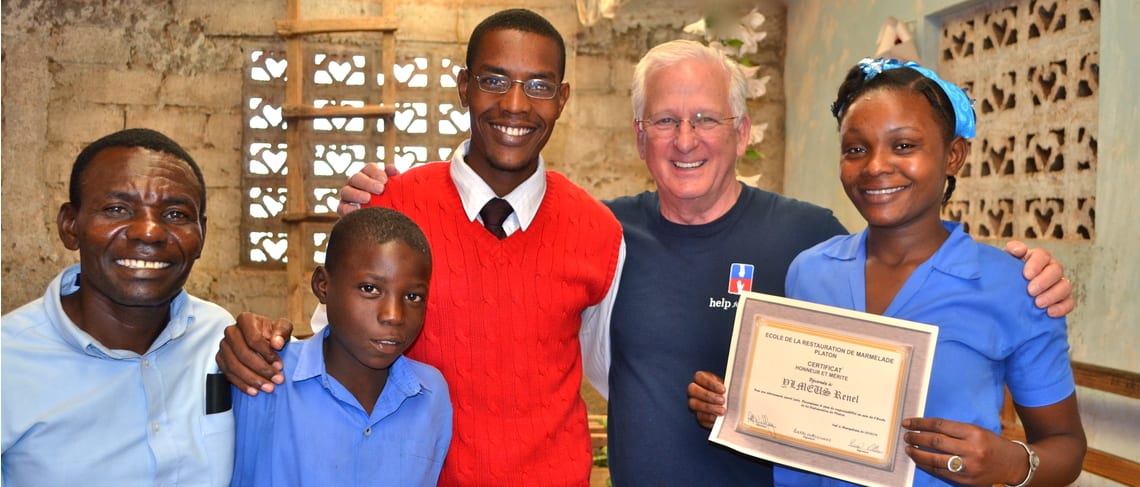




 David Temfwe is a native to Zambia, a former student of Moody Bible Institute and on staff at
David Temfwe is a native to Zambia, a former student of Moody Bible Institute and on staff at 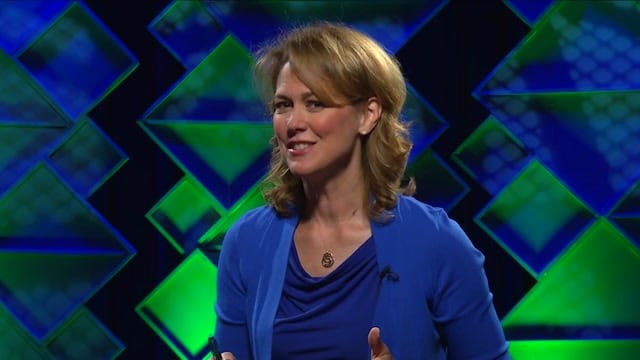
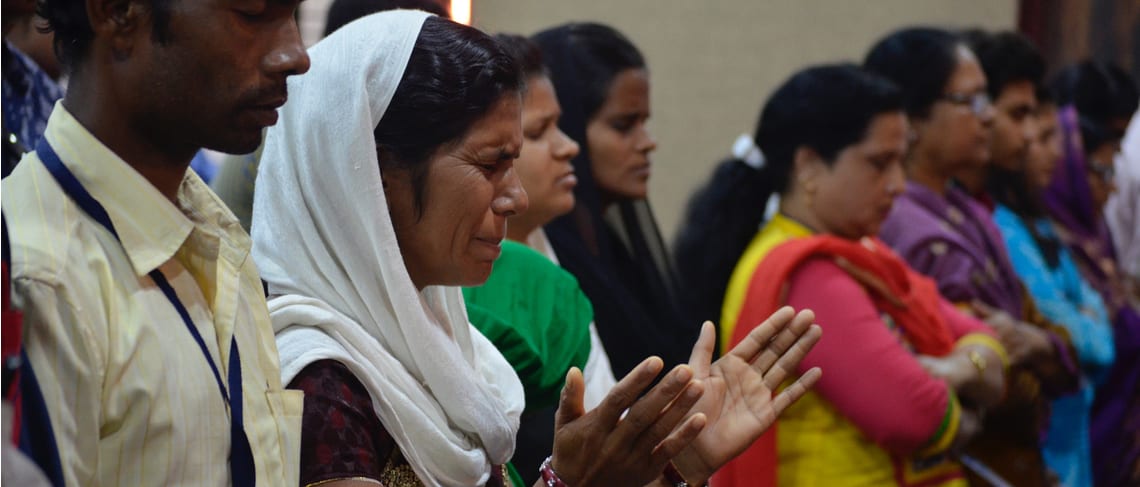

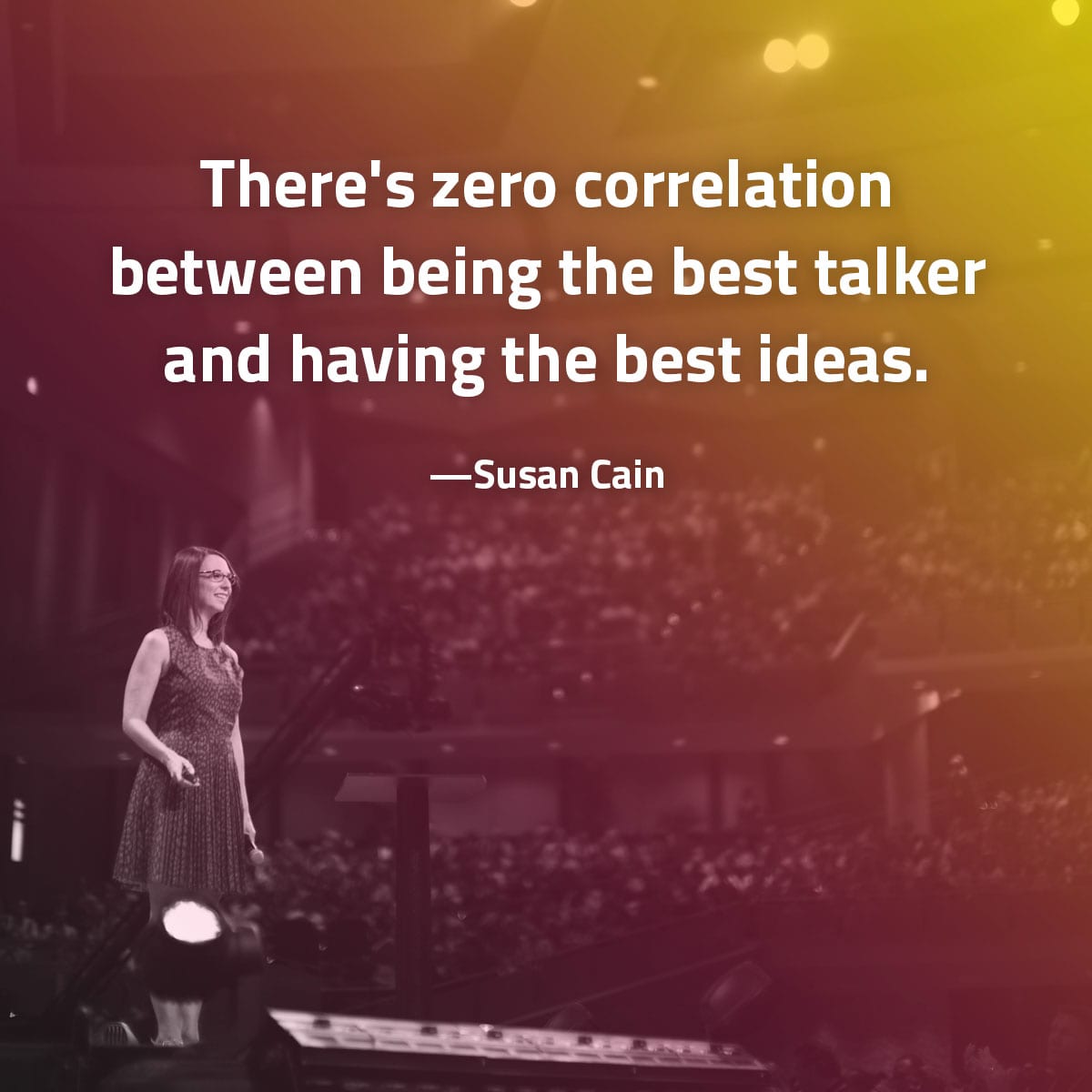
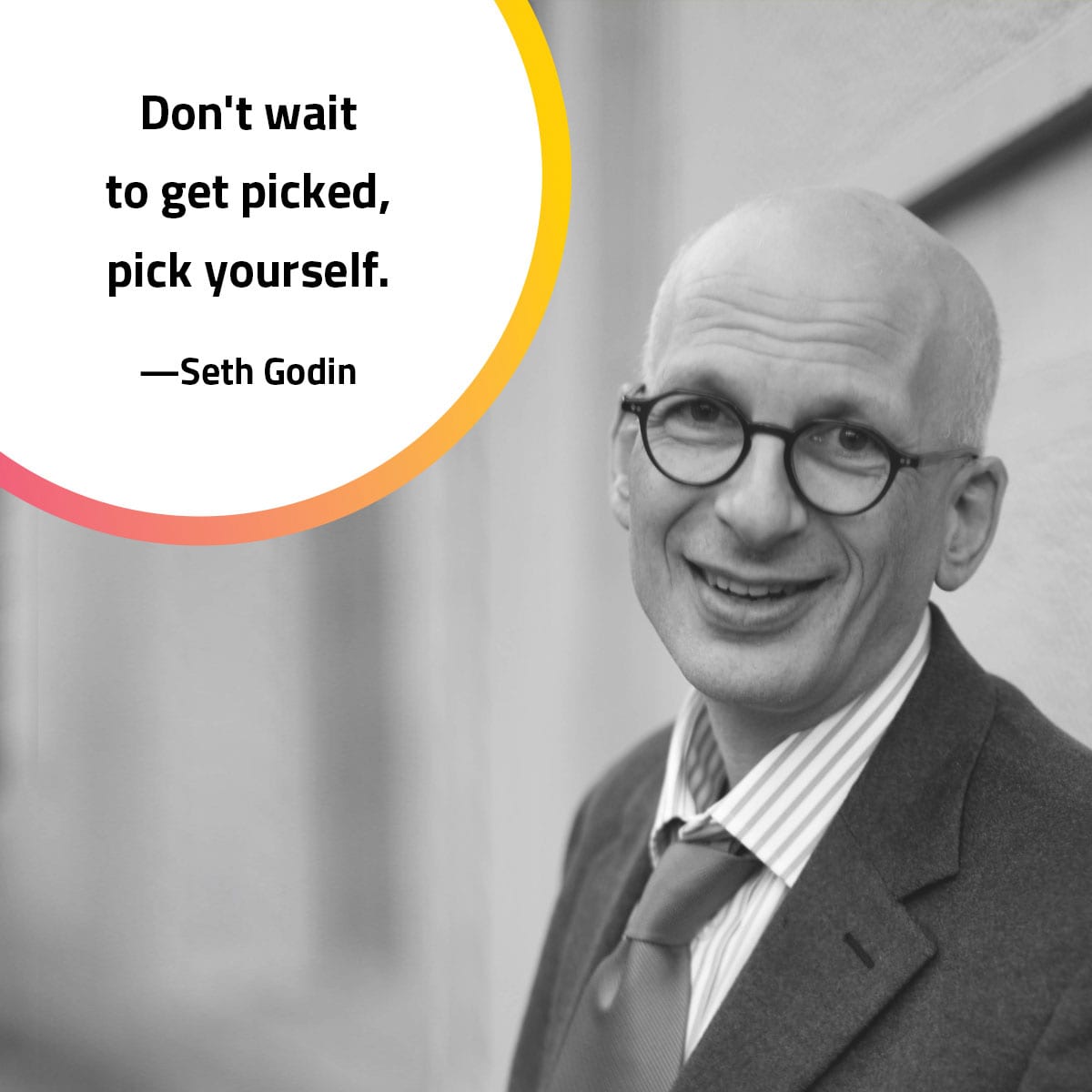
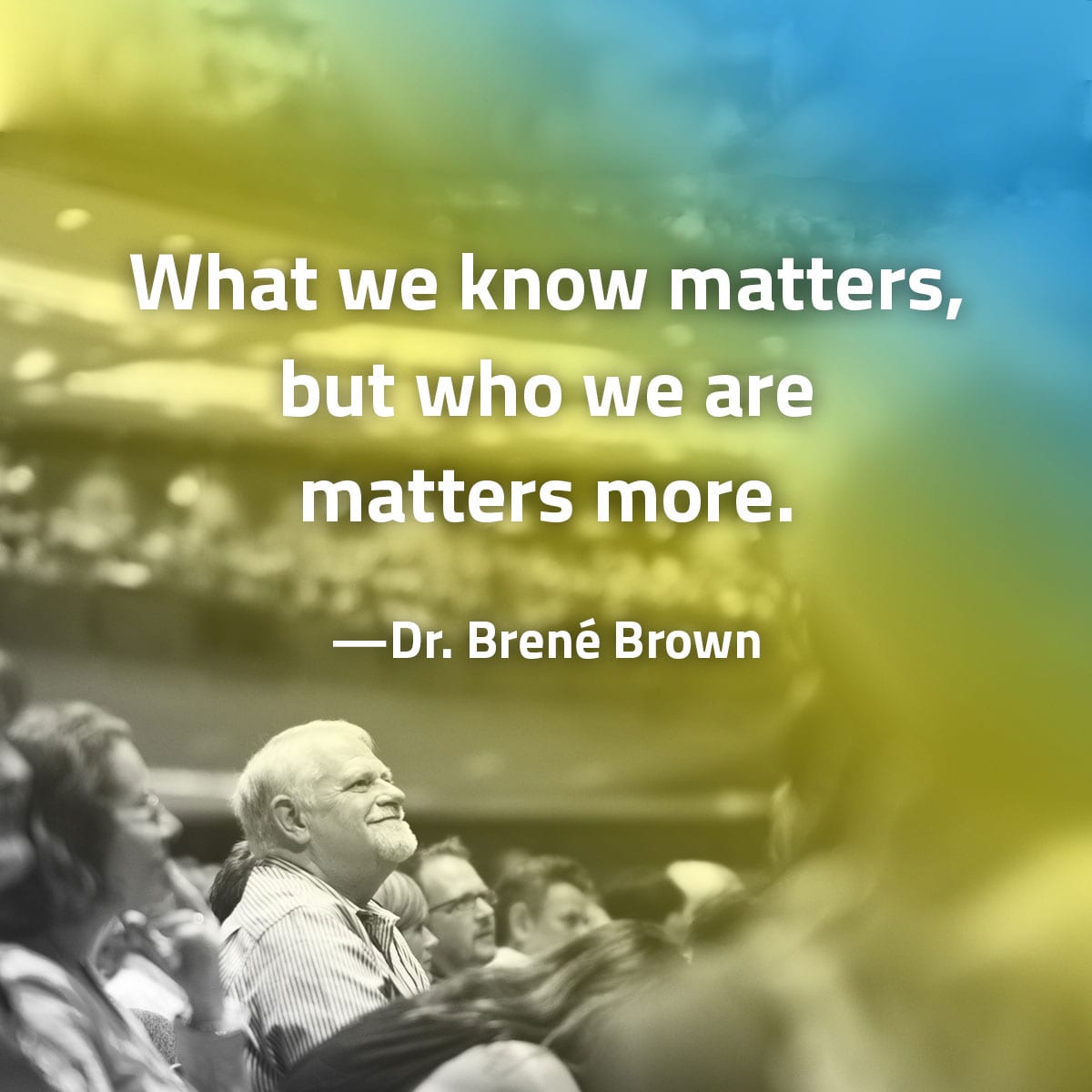
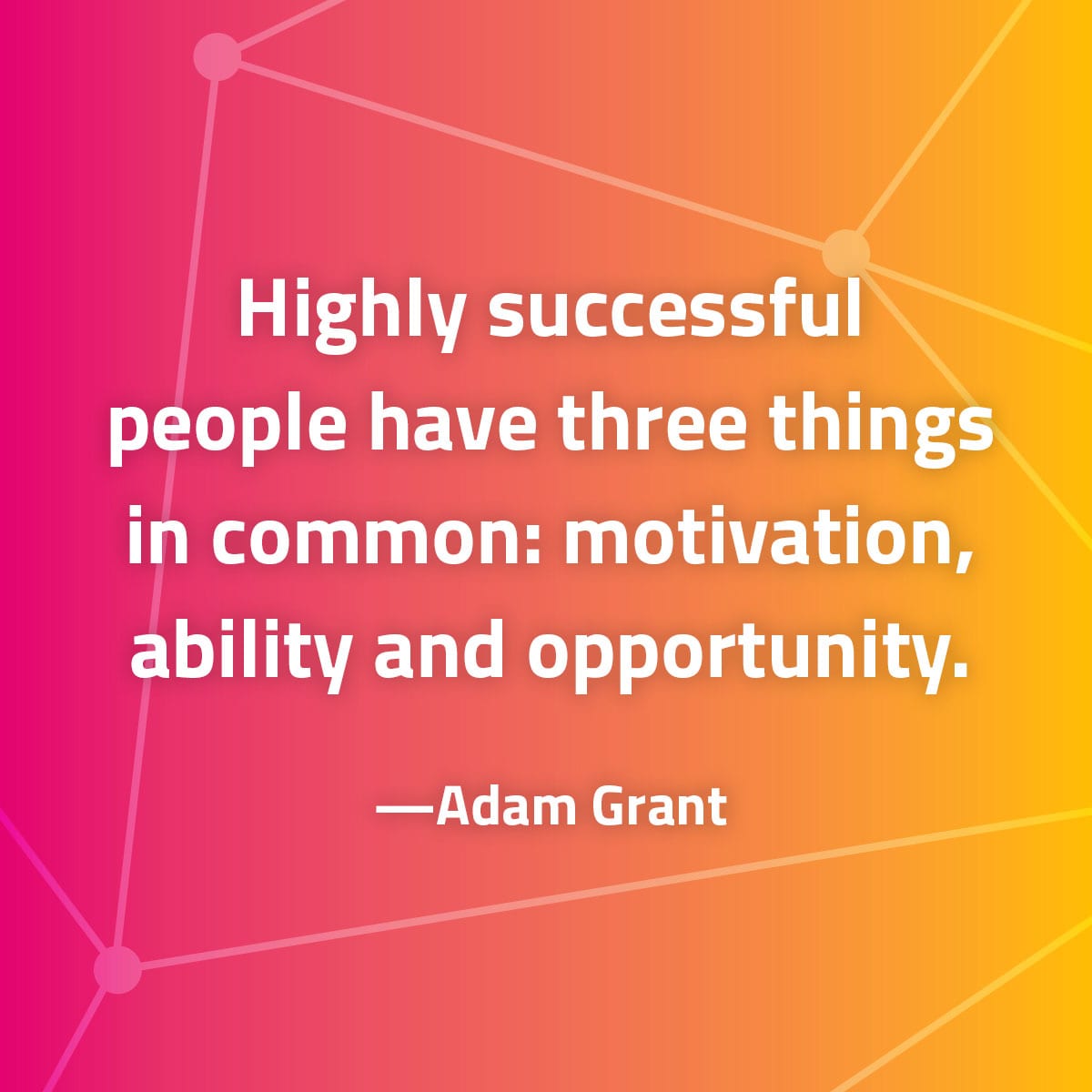
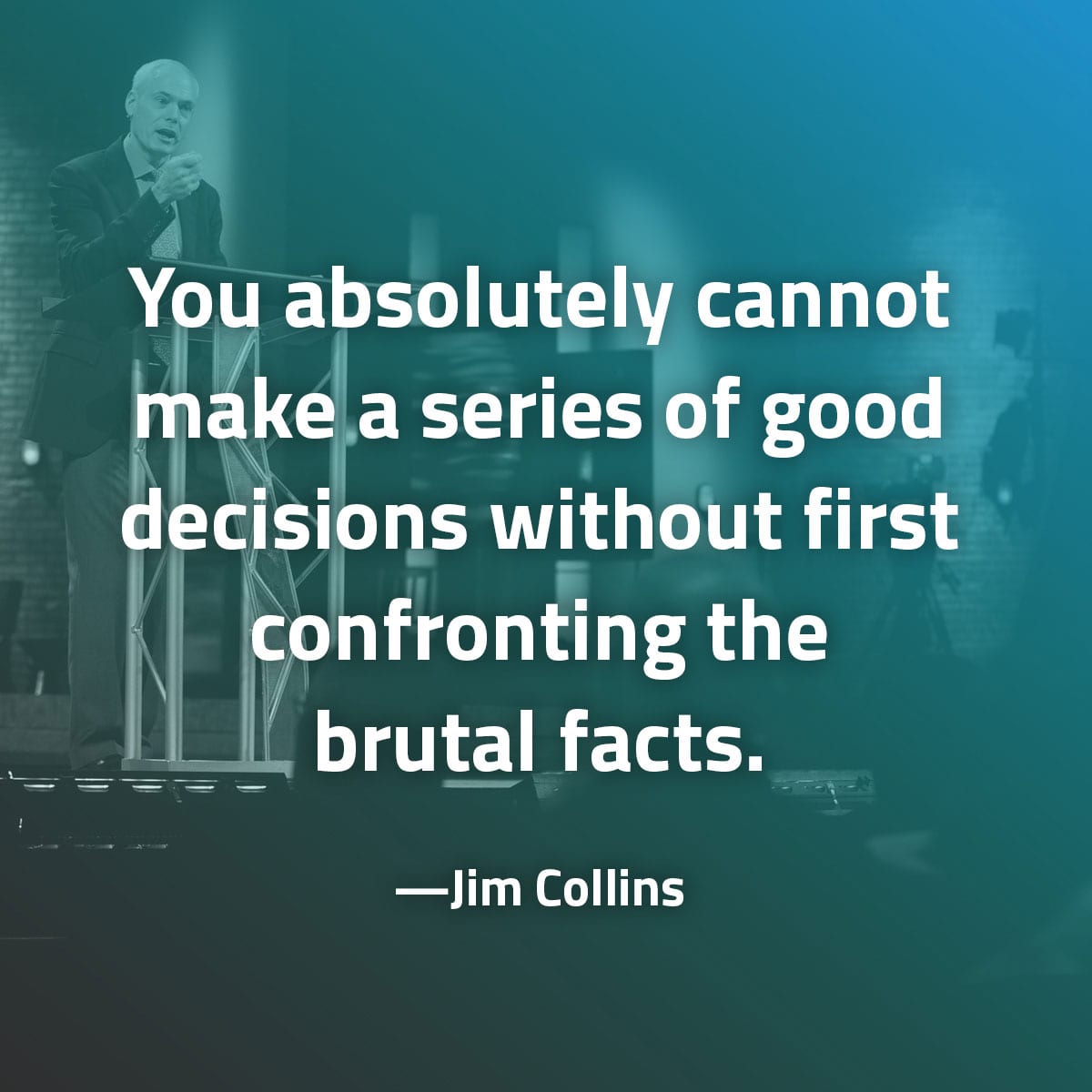

Recent Comments